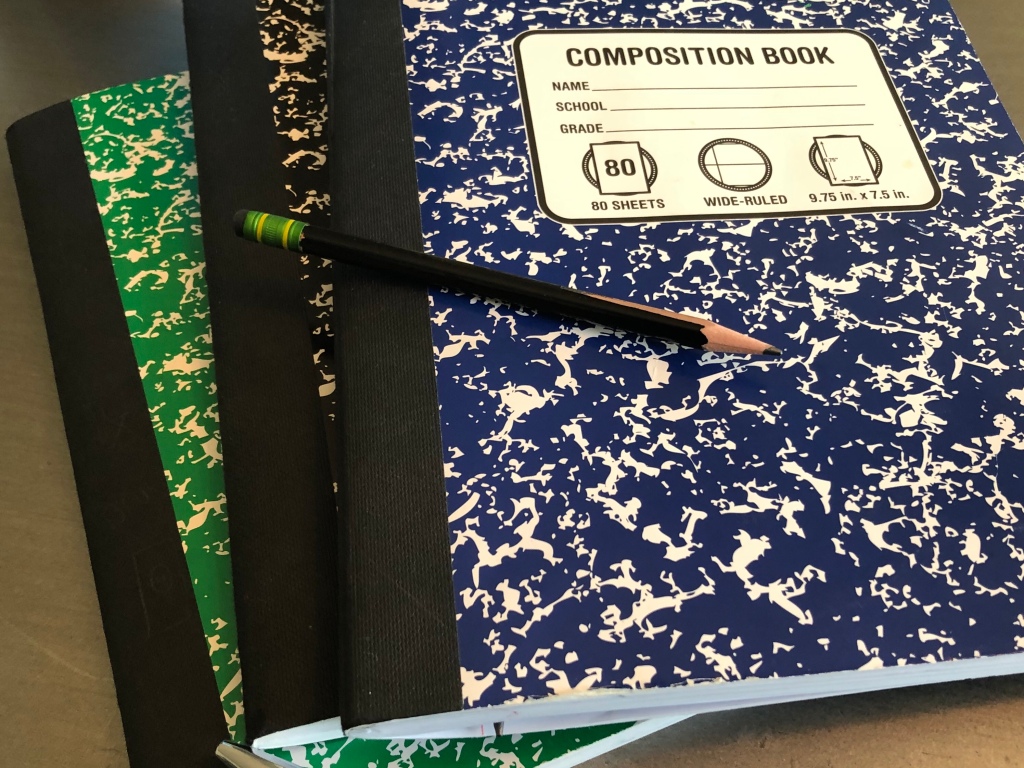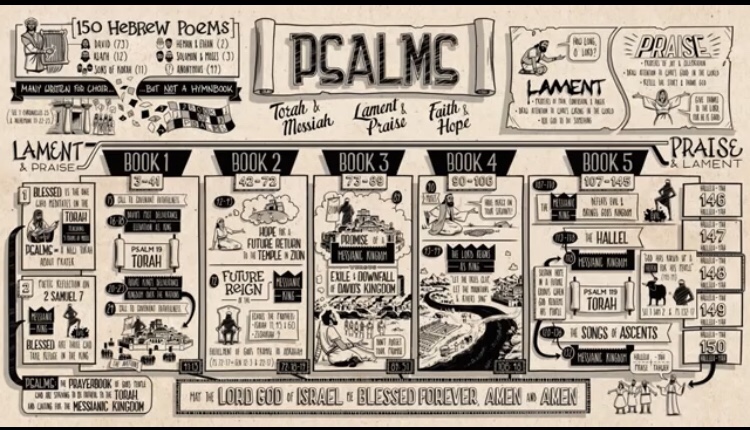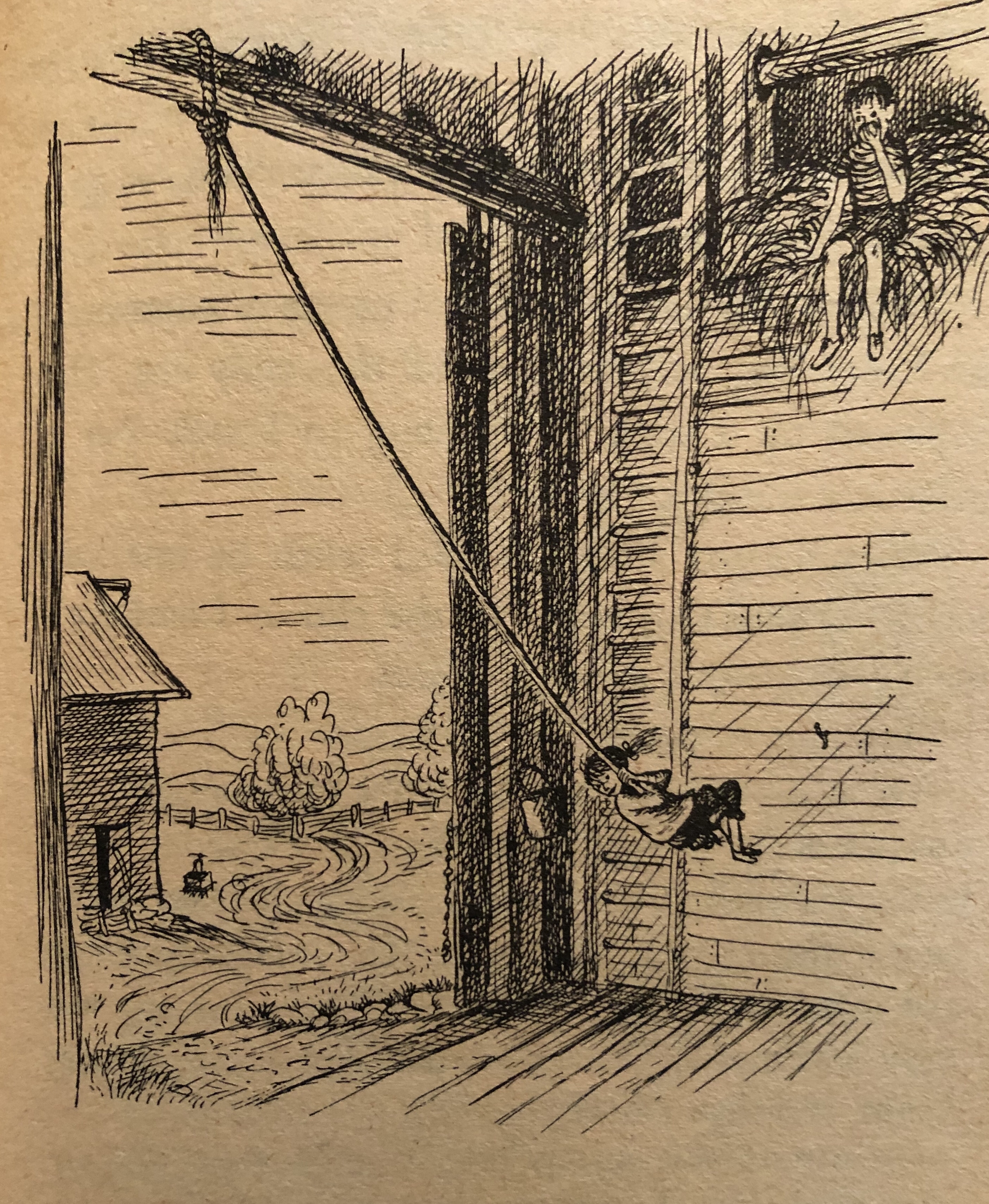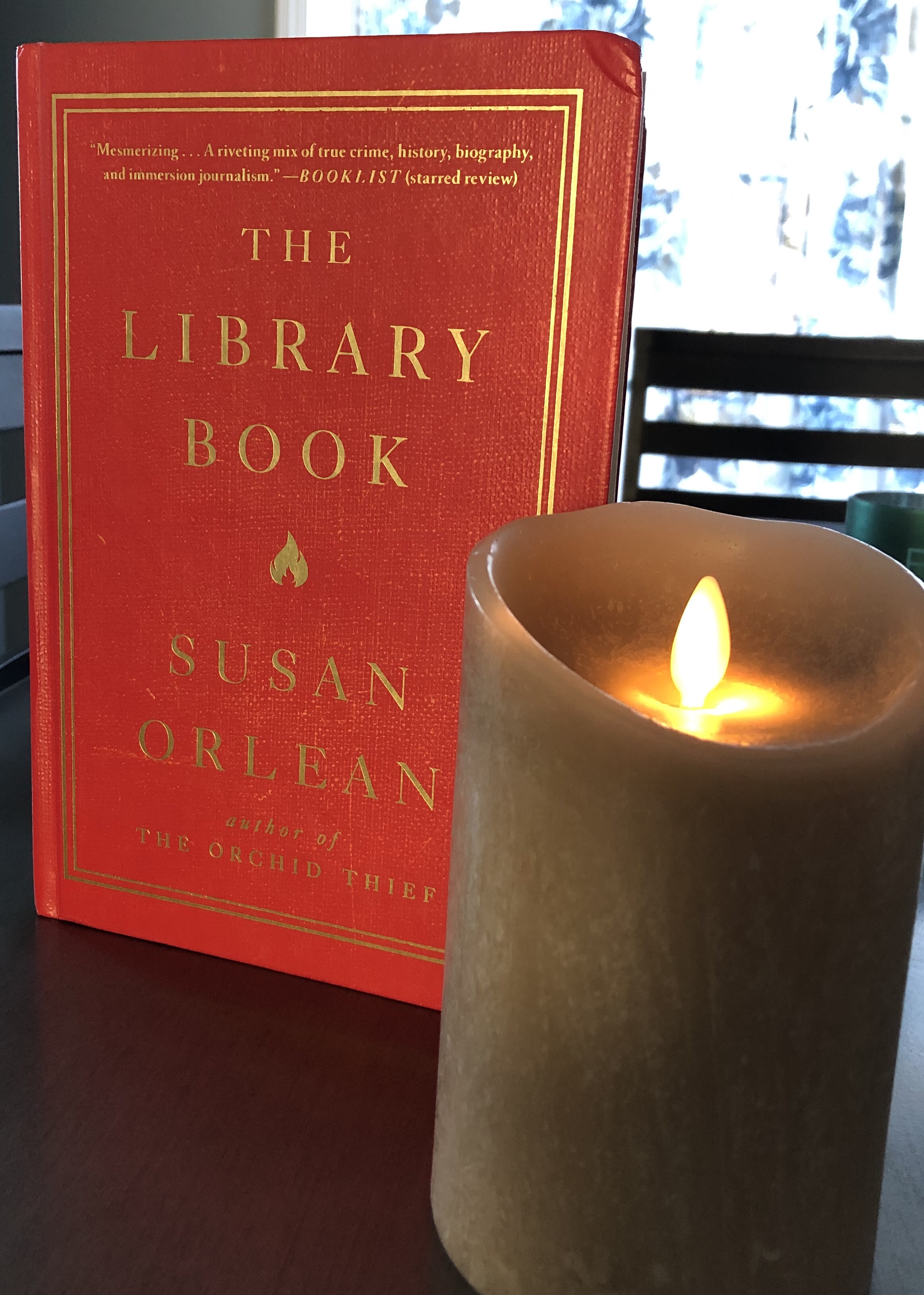“All human nature vigorously rejects grace because grace changes us and the change is painful.”
-Flannery O’Connor
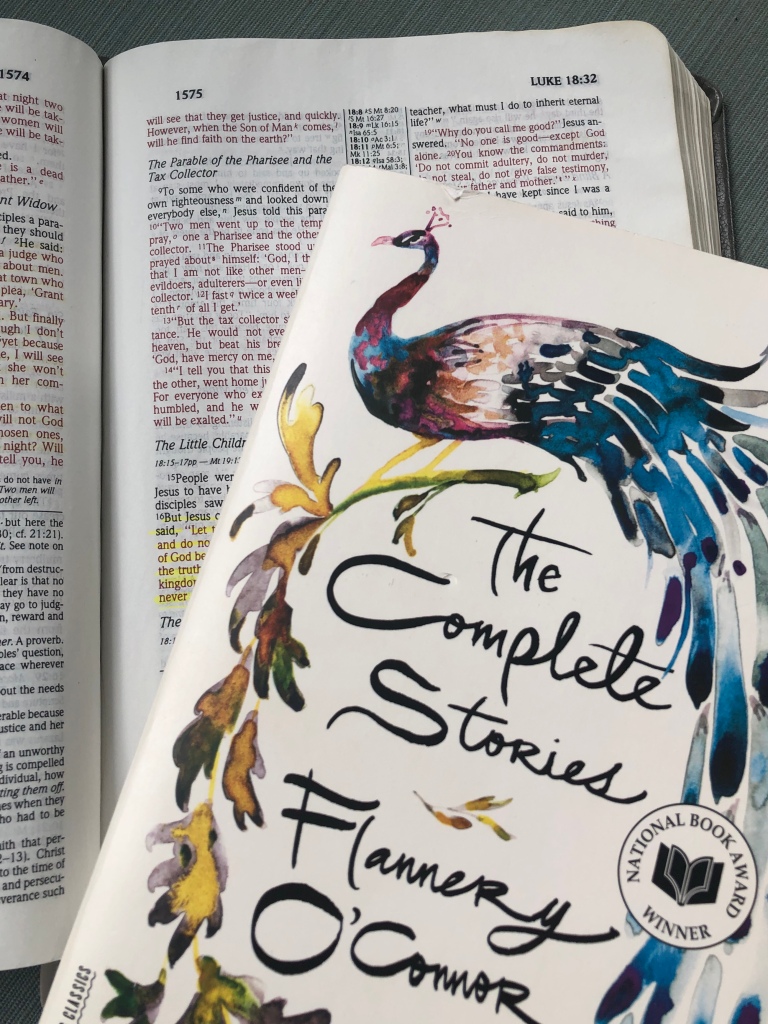
In a time of profound polarization, when we automatically write people off for their looks, or their geography, or their background, when we feel justified for excluding someone or fearing someone, Flannery O’Connor is good for us. In a time when we congratulate ourselves for being American, or Republican, or open-minded, for thinking the label “Christian” can be pasted on at whim to mean morally decent or “nice,” the southern Gothic writer still holds up a relevant mirror for us.
Flannery recommends her stories be read as parables. Narratives full of spiritual depth and earthy grit with shocking conclusions. If we grant her this request, then we might read “Revelation” as we would Jesus’ parable of the Pharisee and the Publican, (Luke 18:9-14) searching through our hearts hoping to find purity, wincing at our hubris and duplicity. This is not to say we take Flannery’s words as the inspired Word of God, but we honor her efforts as she employs similar medium to Christ’s teachings.
Jesus began with the familiar, the typical, the understood, and by the end of his story, his listeners were either hit between the eyes, or deeply offended and scandalized. We, who are religious and well-read, have become comfortable and de-sensitized to the parables of Jesus. Both familiarity with the stories and the strangeness of ancient culture can make them feel somewhat safe. Yet “Good Country People” and “The Displaced Person,” though now already sixty-five years old, are yet modern and relatable to us in startlingly interpretive ways; they slap us across the face so we can ultimately listen to Christ.
Jonathan Rogers, author and host of The Habit blog and podcast, is offering a six week online course, Writing with Flannery O’Connor beginning June 4. Rogers, though now in Nashville, originally hails a short drive from Milledgeville, Georgia, O’Connor’s home town. He has authored The Terrible Speed of Mercy: A Spiritual Biography of Flannery O’Connor.
I signed up. My family and I are currently going through some significant changes, some good, many not. We are dealing with different kinds of losses and sadness. This course comes at a good time for me. A writer whose themes are racism, bigotry and gratuitous violence may not seem an obvious way to extricate myself from emotional upheaval. However, grace is surprsing like that, whether it hits you in the hillsides of Galilee, the deep South or the morally tame Midwest.
There should still be time to sign up if you are interested. Find out more information here.
“He threw himself to the ground and with his face against the dirt of the grave, he heard the command, GO WARN THE CHILDREN OF GOD OF THE TERRIBLE SPEED OF MERCY. The words were as silent as seed opening one at a time in his blood.”
Read more